The Michigan Department of Health and Human Services (MDHHS) recently announced nearly $49 million in grant funding to support 19 local projects that will continue conducting COVID-19 wastewater surveillance and implement COVID-19 variant strain testing of wastewater.
The Centers for Disease Control and Prevention funding will reinitiate COVID-19 wastewater monitoring established during a Fall 2020 pilot project. The state’s SARS-CoV-2 Epidemiology – Wastewater Evaluation and Reporting Network uses locally coordinated projects to conduct wastewater surveillance for COVID-19. Wastewater is tested for the SARS-CoV-2 virus, which causes COVID-19 disease, that is shed in feces into Michigan public sewer systems. Partners include local health departments, tribal nations, wastewater treatment and environmental engineering agencies, colleges and universities, and public, private and academic laboratories.
Funding for the project will continue through July 31, 2023. As COVID-19 cases decrease across the state, wastewater monitoring can provide useful information regarding disease detection and spread on a larger community level. This can be especially important as clinical testing rates decrease.
“Wastewater surveillance is so important to identifying COVID-19 infections and community transmission early, and is especially important as we move to a new phase of fighting this pandemic,” said Dr. Joneigh Khaldun, chief medical executive and chief deputy for health at MDHHS. “If our rates of infection start to increase, this network may provide an early warning sign and help communities target public health actions to prevent further spread.”
It is also one of the few surveillance methods that can provide information on the virus within populations that are not showing signs of illness or who do not seek health care.
In the pilot project, participating local health departments and universities were able to focus clinical testing recommendations and communication efforts when increased levels of the virus were detected in wastewater. Specific examples of successful outcomes from the pilot project, including how the data was used, are available in the COVID-19 Wastewater Surveillance Feasibility Pilot Project Success Stories.
Continued monitoring will provide timely and consistent wastewater data to support COVID-19 public health responses within 33 local health jurisdictions with project sampling sites. This data will include information on SARS-CoV-2 presence, trends and preliminary detections of variant strains found in wastewater.
The funding expands the reach of the established monitoring system to cover a large geographic portion of Michigan. Local projects have proposed over 460 sample sites across a total of 55 counties and the City of Detroit. Over the course of the project, it is estimated that more than 87,000 wastewater samples will be collected and analyzed.
These funds will support sample collection, transportation and testing of wastewater samples; analysis and reporting of results; coordination and communication within local projects and with state agencies; and submission of results to MDHHS and the Michigan Department of Environment, Great Lakes, and Energy (EGLE).
Nineteen local projects were funded for the following amounts:
- $1,750,886 – Dr. Michael Conway’s lab at Central Michigan University.
- $1,979,848 – City of Traverse City.
- $1,831,851 – Shimadzu Core Lab at Ferris State University.
- $1,732,225 – Dr. Richard Rediske’s lab at Grand Valley State University’s Annis Water Resources Institute.
- $1,910,023 – Health Department of Northwest Michigan.
- $7,543,073 – Global Water Research Institute at Hope College.
- $3,278,054 – Kent County Health Department.
- $2,182,037 – Professor Benjamin Southwell’s lab at Lake Superior State University.
- $2,673,806 – Macomb County Public Works Office.
- $3,223,635 – Dr. Joan Rose’s lab at Michigan State University.
- $2,713,176 – Dr. Irene Xagoraraki’s lab at Michigan State University.
- $628,935 – Dr. Josh Sharp’s lab at Northern Michigan University.
- $2,500,000 – Oakland County Health Division.
- $2,483,851 – Dr. David Szlag’s lab at Oakland University.
- $2,009,639 – Dr. Tami Sivy’s lab at Saginaw Valley State University.
- $2,596,012 – Dr. Kevin Bakker and Dr. Krista Wigginton’s lab at University of Michigan.
- $2,716,317 – Dr. Chuanwu Xi’s lab at University of Michigan.
- $3,129,407 – Dr. Jeffrey Ram’s lab at Wayne State University.
- $2,032,102 – White Water Associates Inc.
For this project, MDHHS will provide project coordination, data analysis, health education and project communications. EGLE will provide scientific expertise and data management capacity for the network. Dr. Rose’s lab at Michigan State University will serve as the lead laboratory, responsible for standardizing lab testing and providing technical assistance.
To view data from the pilot project, visit the Michigan COVID-19 Wastewater Dashboard. This dashboard will be updated in the near future to reflect the new data that results from this funding. For more information on wastewater monitoring, visit the Wastewater Surveillance for COVID-19 website.
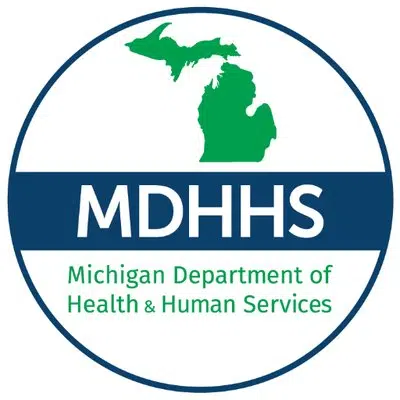





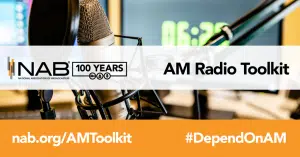







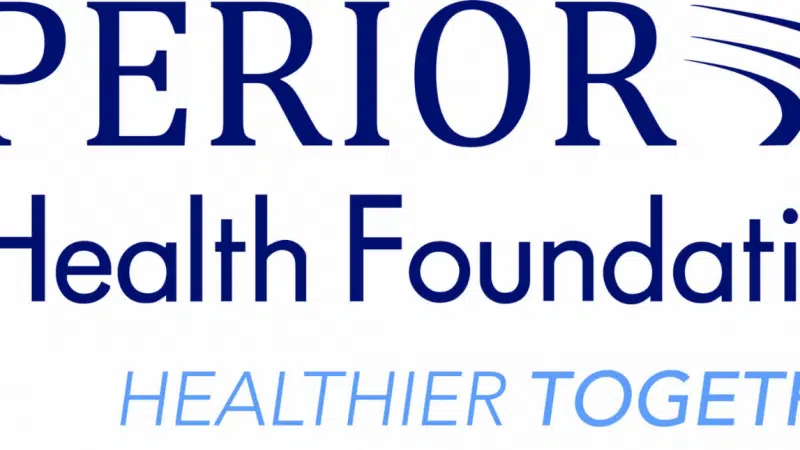

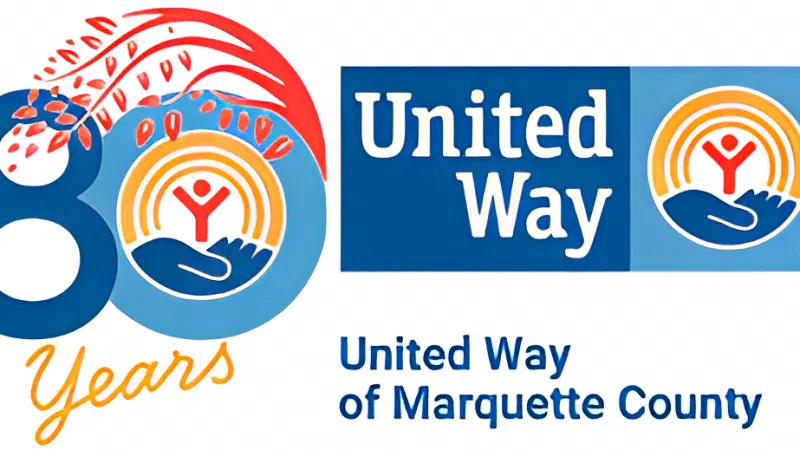
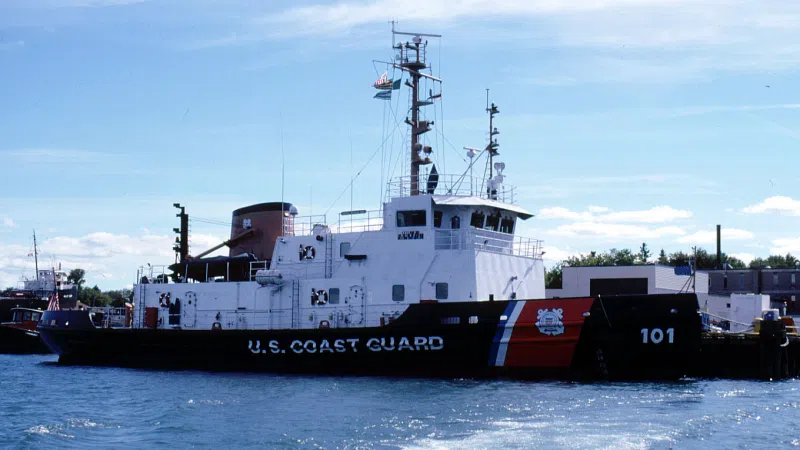

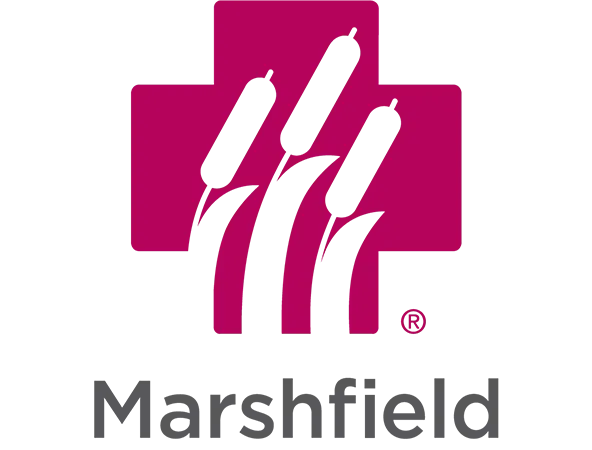




Comments